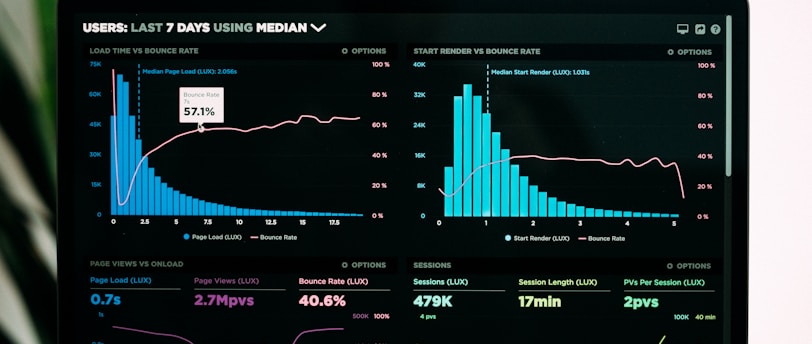Ai in healthcare


AI in healthcare is a revolutionary field that has the potential to transform the way we diagnose, treat, and manage medical conditions. Some of the significant advancements and potential applications in this rapidly evolving domain.
1. Medical Imaging and Diagnosis: One of the most prominent areas where AI is making a substantial impact is medical imaging. AI algorithms, particularly deep learning models, have shown remarkable capabilities in interpreting and analyzing medical images such as X-rays, MRIs, CT scans, and mammograms. These algorithms can quickly detect anomalies, identify patterns, and assist radiologists in making more accurate and timely diagnoses. The integration of AI-powered image analysis is leading to faster and more reliable results, improving patient outcomes and reducing the burden on healthcare providers.
2. Personalized Medicine: AI's ability to process and analyze vast amounts of patient data, including genetic information, medical history, lifestyle factors, and treatment outcomes, is paving the way for personalized medicine. AI-driven predictive analytics can help identify patients at higher risk for certain diseases, tailor treatment plans to individual needs, and optimize drug prescriptions. By understanding patients at a granular level, healthcare providers can deliver more precise and effective care, resulting in better patient experiences and outcomes.
3. Drug Discovery and Development: AI is revolutionizing the drug discovery process, traditionally a time-consuming and expensive endeavor. Machine learning algorithms can analyze large datasets and identify potential drug candidates with higher accuracy, expediting the screening and validation process. Additionally, AI is assisting in repurposing existing drugs for new applications and optimizing clinical trial design, ultimately speeding up the delivery of new treatments to patients.
4. Virtual Health Assistants and Chatbots: AI-driven virtual health assistants and chatbots are enhancing patient engagement and access to healthcare services. These conversational agents can provide patients with personalized health information, schedule appointments, answer medical questions, and offer support for managing chronic conditions. By automating routine tasks, virtual health assistants free up valuable time for healthcare professionals to focus on more complex and critical patient interactions.
5. Remote Patient Monitoring: AI-powered devices and wearables enable continuous remote monitoring of patients' health parameters, such as heart rate, blood pressure, glucose levels, and respiratory rate. These real-time data streams can be analyzed using AI algorithms to detect early signs of deterioration or changes in a patient's condition. Remote patient monitoring not only improves patient outcomes but also reduces hospital readmissions and healthcare costs.
6. Predictive Analytics for Healthcare Management: AI's predictive analytics capabilities extend to healthcare management, helping hospitals and healthcare systems optimize resource allocation, predict patient admission rates, and manage bed occupancy efficiently. By analyzing historical data and external factors, AI can support decision-making and resource planning, leading to more efficient and cost-effective healthcare operations.
7. AI Ethical Considerations: While AI offers immense potential in healthcare, it also raises ethical considerations. Ensuring patient data privacy, avoiding bias in algorithms, and maintaining transparency in AI decision-making are crucial aspects that require careful attention. As an expert, I am committed to advocating for the responsible and ethical use of AI in healthcare to safeguard patient welfare and maintain trust in these technologies.
In conclusion, AI's integration into healthcare holds tremendous promise in revolutionizing patient care, diagnosis, treatment, and medical research. By embracing AI technologies responsibly and leveraging their potential to augment human capabilities, we can achieve a future where healthcare becomes more personalized, efficient, and accessible for all.
